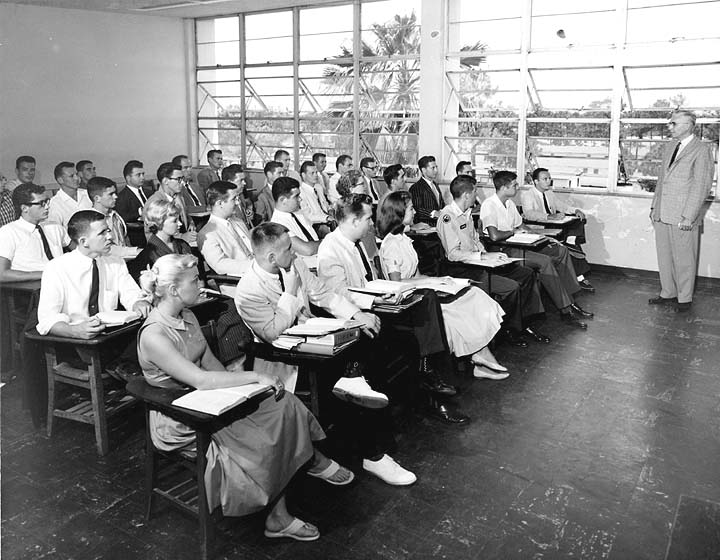 I think that studying God, theology, the bible, etc, is like studying the moon. If you buy the biggest telescope you can find and put it on maximum zoom, you’re going to learn a lot about the part of the moon you can see. You can also move the telescope around a see zoomed in pictures in different areas.
But there’s two things to keep in mind:
I think that studying God, theology, the bible, etc, is like studying the moon. If you buy the biggest telescope you can find and put it on maximum zoom, you’re going to learn a lot about the part of the moon you can see. You can also move the telescope around a see zoomed in pictures in different areas.
But there’s two things to keep in mind:
1. You’re not going to be able to scan the entire surface of the moon with that telescope (or if you do, it’ll be so fast you won’t really see anything)
2. Even if you did see the entire surface of the moon that way, you’d still have a lot to learn about the moon.
See, if we just focus on one area, we’re going to miss a lot. At some point, you need to step away from the telescope and look at the whole sky. To see how beautiful the moon is, suspended in the black with stars around it. To see how the moon affects the tides here on Earth.
Don’t miss the beauty in the midst of the study.
I could focus my telescope on one particular crater and learn everything there is to know about that crater. Then, when people talk about the moon, I could talk for hours about that one crater. And people would be interested for about 5 minutes, then they would want me to shut up. There’s more to the moon than the one crater I know all about.
We can get so fixated on one point that we miss out on what’s really happening.
Alot of evangelical theology is based on the message that people who don’t believe in Jesus are going to hell, and they need to be saved. So we hand out tracts and talk through bullhorns and try to force people to come to church with us where we use an altar call to try and get them to say they believe.
I’m not saying that people aren’t going to hell. And I’m certainly not suggesting that it’s a minor deal. But God is bigger and greater and grander than ‘the being who sends people to hell.’
God created this world, where we find joy and sorrow; heights and depths; pain and pleasure. More than that, he became one of us. The infinite, in one man. He who holds the galaxies in the palm of his hand, using feet to walk from one town to the next.
People who are so locked into their own theology that they think they are the only one who really ‘gets’ God scare me. A lot. Because I have totally been like that in my life. And I was so blinded by my ‘right answers’ to let God be who he is. I turned the bible into a book of answers and doctrine instead of what it is: The story of a God and the flawed people he loves.
In Christianity, we say that we don’t have a religion, but rather a relationship. Then we put so much structure and so many requirements on that relationship that it becomes a religion.
I have a feeling that there is a great deal of truth in this world that we refuse to acknowledge because we didn’t think of it.
I believe that everyone is looking for God, whether they know it or not. And I believe that God has left signposts that point to him in the most unlikely places. Signposts that reveal truth about him. People who are paying attention will pick up on these truths, and believe in them.
Nature speaks of a great creator.
Intimacy speaks of a need to be completed by somebody or something.
Dreams point to the existence of something greater just below the surface.
Mercy and compassion reveal that there is something within us that works against the primal urges we’re told that we consist of.
Art reveals a need to see more than just what our eyes can perceive.
I once thought that God needed me. That he needed me to tell people about what he is really like because I had so much insight. He couldn’t sideline me, because I was too clever and smart.
Now, I realize that I’m about as useful as asking an ant to explain a supercomputer. A know-it-all is about the last thing God needs representing him.
I don’t understand God. I can’t explain why he does the things he does most of the time. If I zoom in, I can probably start to explain small parts of him better, but I’d rather step back and see the vastness, the grandeur, the beauty of who he is. And I’m content to be amazed and surprised by what I can’t contain.



















 Science isn’t sure whether our universe is actually infinite or not, but they say it’s “at least” 93 billion light years in diameter. One light year equals 5,865,696,000,000 miles. I’ll tell you what, let’s just go with ‘really, really big’.
Science isn’t sure whether our universe is actually infinite or not, but they say it’s “at least” 93 billion light years in diameter. One light year equals 5,865,696,000,000 miles. I’ll tell you what, let’s just go with ‘really, really big’.



